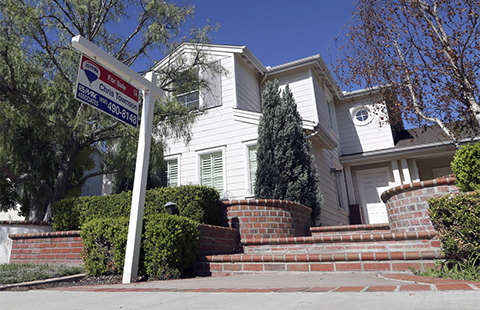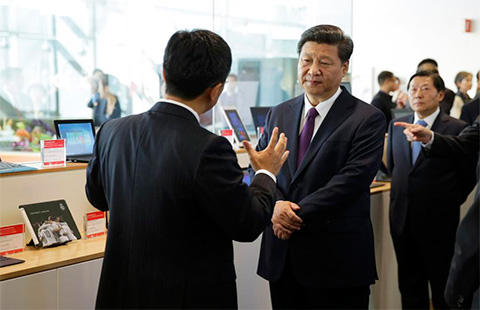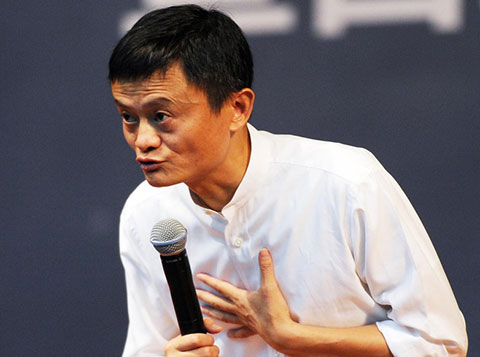China implements new electricity pricing system
(Xinhua) Updated: 2012-07-02 14:10BEIJING -- China implemented a new multi-tier electricity pricing system on Monday to tackle the increasing pressure of supplying power to the world's most populous country.
Under the new system, the residential electricity rate increases as the electricity consumption base amount increases.
For example, Beijing has set three price brackets for residential users and will keep the current electricity rate unchanged for residents consuming 240 kilowatt-hours of electricity or less a month.
Households whose monthly electricity consumption falls between 241 kWh and 400 kWh will have to pay 50 yuan ($7.9) more for every 1,000 kWh of electricity, while those consuming more than 400 kwh a month will pay 300 yuan more for every 1,000 kWh of power.
The current electricity rate for Beijing households remains at 48.83 yuan for every 100 kWh of consumption.
Different provinces have set up their own price brackets. In East China's Zhejiang province, households whose yearly electricity consumption falls under 2,760 kWh will enjoy the current price of 0.538 yuan per kWh. Those who consume between 2,761 to 4,800 kWh a year will pay 50 yuan more for every 1,000 kWh of electricity, while those consuming more than 4,800 kWh a year will pay 300 yuan more for every 1,000 kwh of power.
The new pricing system has been designed to have minimal impact on the poor. Households consuming less than 480 kWh per month can save at least 16 yuan a month, according to a calculation by the Zhejiang Provincial Price Bureau.
China has been pushing for reform in its pricing of resources and energy as part of efforts to better reflect market demand and save energy as power shortages are reported almost every summer.
- China's Internet of Things reaches $90b
- Super Bowls and fine wines: Document describes world of Dow CEO
- Bumpy road ahead for VW
- State Council offers science, tech plan
- Generous tips via Internet energize the craft of writing
- China lags Japan, US in deal completions
- Wal-Mart presses suppliers to share benefits of the yuan
- Alibaba makes Beijing a hub
















